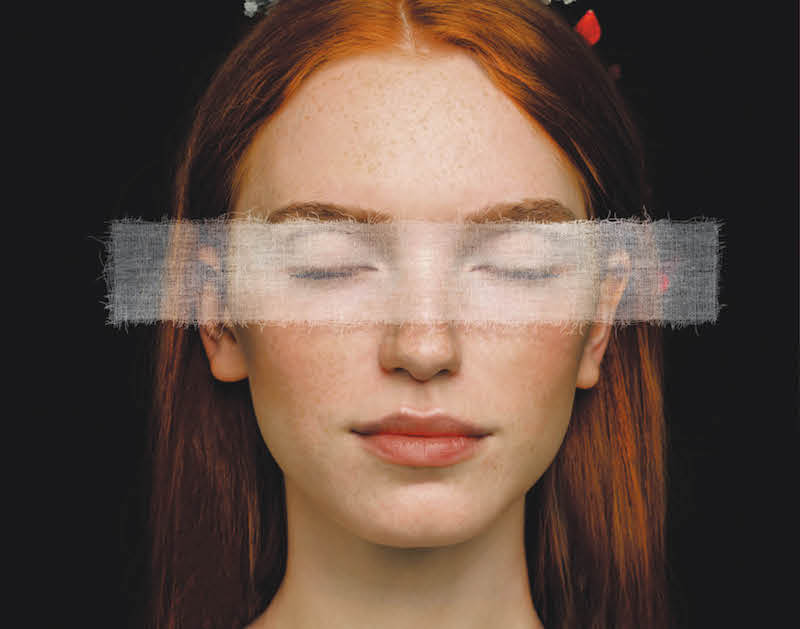Based on a romanticised account of Yolande de Bar, a 15th-century Duchess of Lorraine, Tchaikovsky’s opera Iolanta reflects the medieval and 19th-century attitude towards people with disability when their stories are told by the people around them – in this case Iolanta’s father René, King of Provence, her betrothed Duke Robert, her lover Count Vaudémont and a Moorish physician called Ibn-Hakia.
Premiered in 1892, Iolanta was Tchaikovsky’s final opera and shared a double bill with The Nutcracker, his last and most famous ballet.

Promotional image for Iolanta, West Australian Opera
The libretto by the composer’s brother Modest Tchaikovsky, based on a play by Danish playwright Henrik Hertz, takes place when Iolanta was 16. In the 1892 version, Iolanta, daughter of King René, grows up in isolation. Her attendants are forbidden to tell her that she’s blind.
Katt Osborne, who is directing the opera for West Australian Opera, says that this story of Iolanta “is very interesting, but also outdated”. Osborne explains, “A lot of older operas happen around a central female character but are more about how the men feel. I wanted to flesh out the character and make her less...










Comments
Log in to join the conversation.